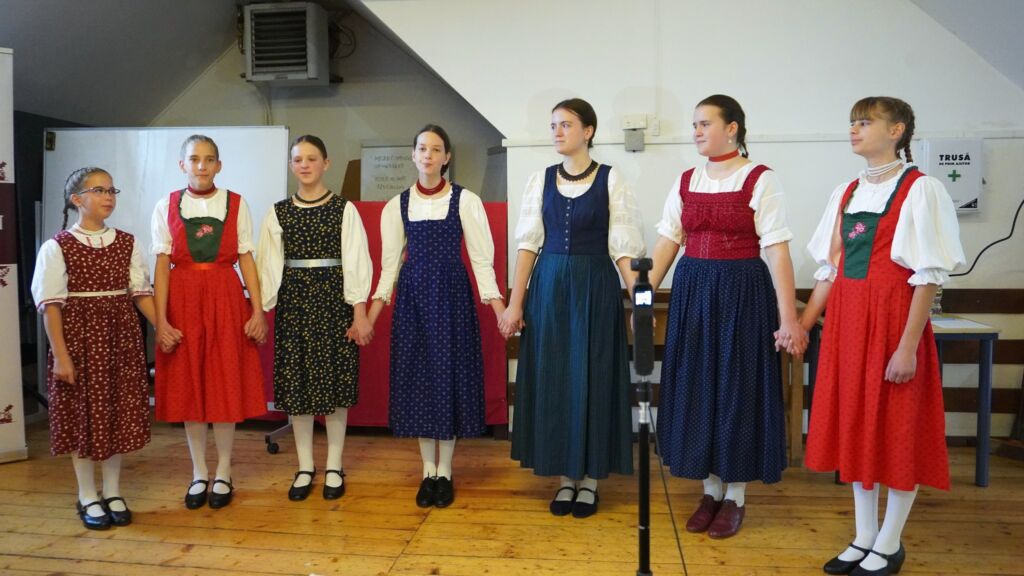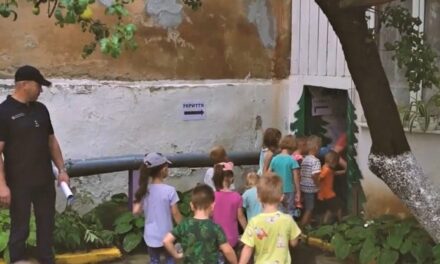Today, it is even more difficult to maintain Hungarianness, when there are often no Hungarian schools or mother-tongue churches in the settlements, this is also the case in Mezőség, said Ferenc Balla, president of the Kallós Zoltán Foundation, with whom Gábor Tóth, a staff member of vasarnap.hu, spoke. We watched this interview.
Balla said: Zoltán Kallós was one of the few who started researching and collecting elements of Hungarian folk culture in time. He did all this when it was not without danger. He knew that the peasant way of life and education would disappear in his lifetime, so he considered the preservation of these values for the next generation to be more important than anything else.
His perseverance, helpfulness and attitude were unmatched, his work survived communism. After the system change, the possibility opened up for the Transylvanian Hungarians to start building a new institutional system. This is how the Zoltán Kallós Foundation was created, which has been operating continuously for thirty years.
After the revolution, at the beginning of the 1990s, we created the Zoltán Kallós Foundation in order to not only deal with Hungarian folk culture academically, but also to make it known and teach as widely as possible, and to pass on its values to our young people. Thus, the Zoltán Kallós Foundation - as it has for the past thirty years - continues to persistently try to pass on Hungarian folk culture. Zoltán Kallós had a saying that we always keep in mind:
"I didn't collect it for the chest, but to display it and present it."
In addition to ethnographic collections and book publications, we must place emphasis on the upbringing and education of the youth.
We organize a number of programs to introduce people to folk music, folk dance and the customs associated with folk traditions. Our educational program has been operating for twenty years, with which we make up for the educational problems and deficiencies of the 40 settlements in the vicinity of the Válaszút. In many rural villages, it is not possible to maintain Hungarian schools due to the small number of people, so on Sundays we bring the children in an organized manner, and on Fridays we take the children home. This is how we can ensure access to Hungarian education.
Unfortunately, the situation is not always clear, and our relationship with the Romanian state is still quite interesting. I can't say that they hinder our work, but they don't help our operation either.
Although the Romanian education law states that access to mother-tongue education must be ensured, this is not fully resolved in practice.
Zoltán Kallós often mentioned that we are Hungarian as long as we sing and dance in Hungarian.
Our goal is to deliver a cultural "package" that strengthens Hungarian self-awareness in children and young people.
We must ensure stability and self-confidence, we must achieve that they can - and want to - take on Hungarian culture even during their minority existence.
That doesn't mean we're stepping on anyone else's corns. We respect other people's culture, but we also expect them to respect ours. We don't expect more, just what we give.
Source and full article: vasarnap.hu
Featured Image: Facebook













